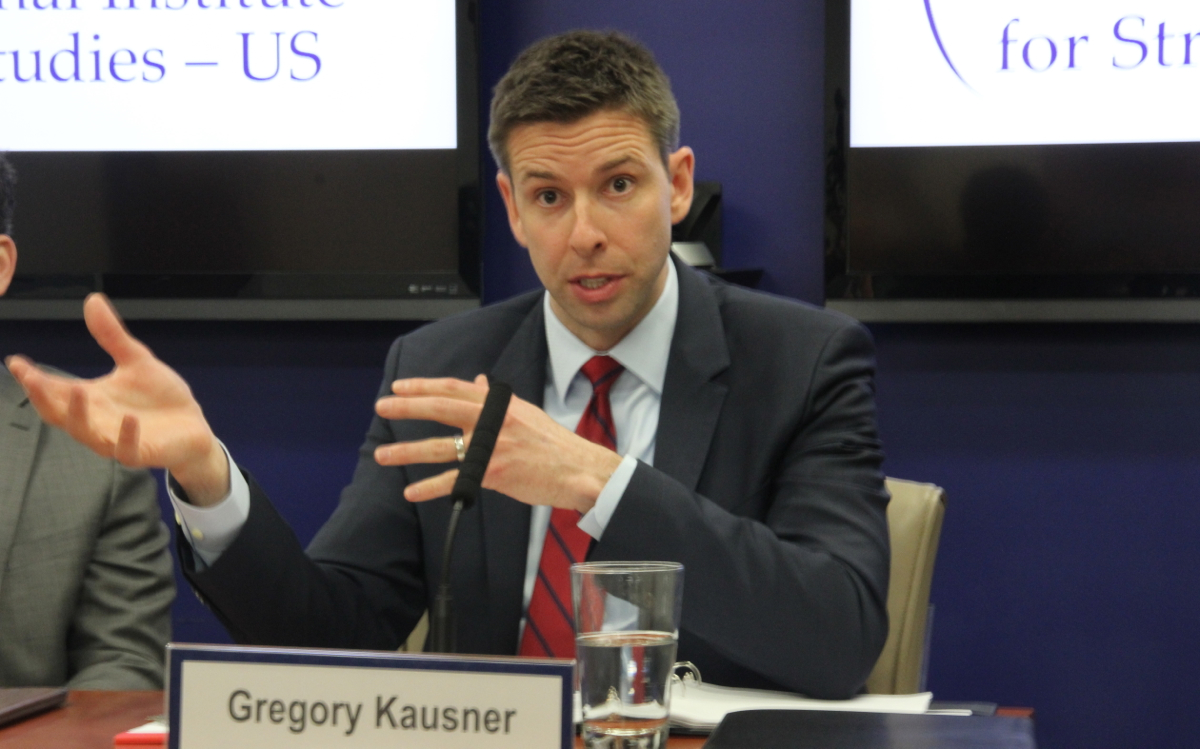WASHINGTON — As U.S. agencies enforce a suspension on arms and defense exports to Russia, a State Department official envisioned what course the nation should take in the future to ensure weapons don’t fall into the wrong hands.
State Department officer Gregory M. Kausner said the classified Conventional Arms Transfer Policy has been updated to make it clear that the U.S. will not transfer arms, equipment or training to countries that commit genocide, crimes against humanity or violate international humanitarian law.
The policy serves as a framework, not a formula, to guide U.S. decision-making on which defense systems and arms exports will go to which countries and under what conditions, according to Kausner, deputy assistant secretary of state for regional security and security assistance.
Originally written in 1995 during the Clinton administration, the arms transfer policy is now a better reflection of the realities of today’s national security issues, especially in places of regional instability, Kausner said. Considering human rights abuses was a key addition to the policy.
“With the globalization of commerce and the interconnected nature of economies and people, our security is now linked to more places, countries and regions than ever before,” Kausner said. “Arms, when in the wrong hands, can contribute to human rights violations.”
On Monday the White House announced the release of a $50 million aid package to Ukraine to help establish security and stability in a country nervous about the intentions of its Russian neighbor.
The money will also go to support economic and governance reform in Ukraine. About $8 million will be used to provide Ukrainian armed forces with bomb disposal equipment and hand-held radios, as well as to supply the country’s border guard service with vehicles, non-lethal tactical gear, and engineering and communications equipment.
On March 1, the Commerce Department announced its Bureau of Industry and Security would hold back licenses for “dual-use” exports, or items that may also have military applications, to the Russian Federation. The State Department followed suit and halted licensing for defense articles and services exports to Russia on March 27.
Kausner, a former staff member of the Senate Foreign Relations Committee, said the State Department acknowledges the risks that come with weapons and defense sales to other countries. But he said it is important to be transparent with the American people about what government is doing in efforts to “establish a foundation for international norms.”
He spoke Wednesday at the non-partisan International Institute for Strategic Studies, a Washington-based think tank.


